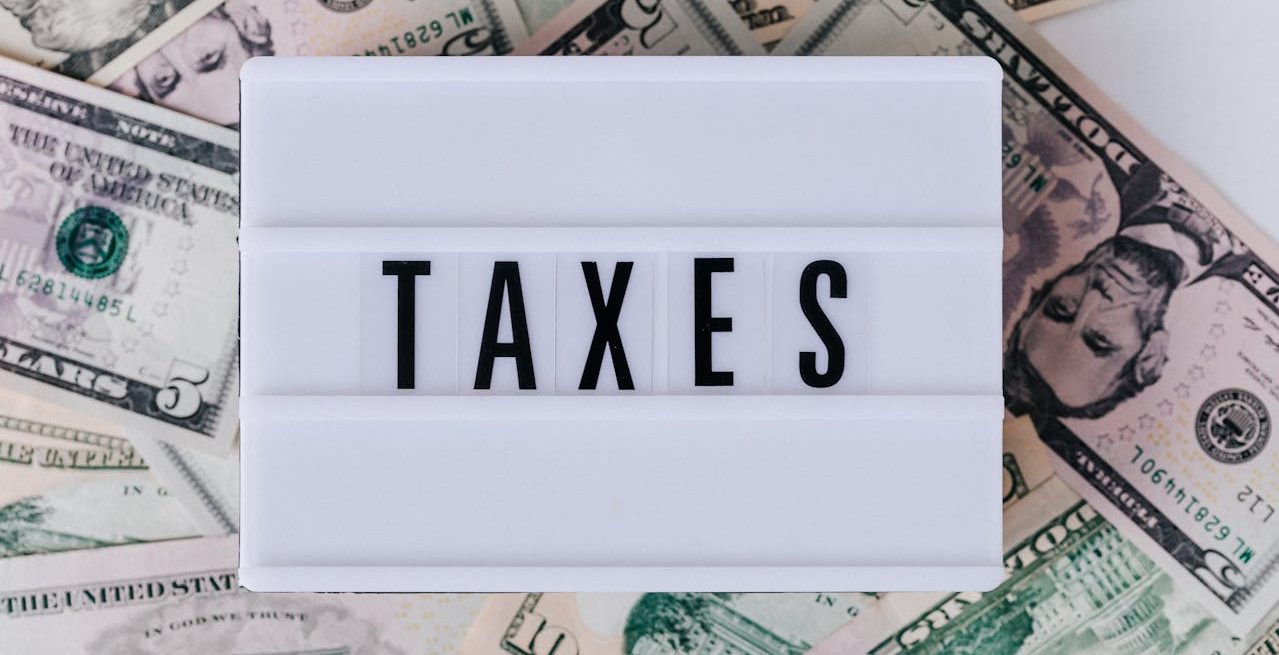Don’t Get Burned By The IRS – Tax Tips for Restaurant Owners
5 Min Read By Giselle C. Alexander, JD, LLM, CPA
Operating a restaurant is not easy. By the time you manage inventory, staffing, customer demand and narrow profit margins, the last thing you want to think about is the IRS. Recordkeeping and tax deadlines may seem like a low priority item that can be pushed off to another day. However, neglecting these obligations can not only put your restaurant in jeopardy, but expose you to personal liability for certain unpaid taxes.
Restaurants, like other cash-intensive businesses, are a frequently targeted for audits by the IRS. It is easy for the IRS to allege that a restaurant owner underreported the restaurant’s income, inflated the cost of goods sold or failed to properly report their employees’ tip income. By keeping accurate and complete records, you can reduce the length and pain of an audit.
Generally, the IRS has three years to audit a tax return, although in cases where gross income has been underreported by 25 percent or more, then the IRS has six years to audit. Once you are under audit, you may no longer remember some of the day-to-day details from a particular year, especially if it was six years ago. It is important to prepare ahead of time – keep the acronym TOAST in mind.
T – Taxes: Pay Them!
One of the worst mistakes you can make is to fall behind on taxes. Some types of delinquent taxes can lead to personal responsibility for you as the restaurant owner or responsible individual. Depending on the facts and circumstances, tax delinquency can even lead to criminal prosecution of owners, officers and employees.
Taxes you collect from others on behalf of government agencies, such as the employee portion of employment taxes and sales taxes from your customers, are considered trust fund taxes. The restaurant and its agents are in a position of trust to collect these taxes from third parties and remit them to the appropriate entity — typically the IRS, the state Department of Revenue, and the local municipality, if collecting separately from the state. If the restaurant fails to remit these trust fund taxes, responsible individuals — most often the corporate officers, bank account signers, and any other person deemed to have decision-making authority over tax payments can be held personally liable. It can be easy for a struggling restaurant to fall behind on tax remittance, thinking that the taxes can be caught up once the cash flow improves.
As tempting as it may be to juggle your cash to cover payroll, vendor invoices or other bills, don’t use the trust fund tax to bridge funding shortfalls. For too many restaurants, the initial tax remittance shortage snowballs into a bigger tax debt and spirals out of control. You may find it helpful to transfer the sales taxes and employment taxes to a separate bank account as collected, rather than accumulating them in your operating account, to avoid spending them on other expenses in the interim between collection and remittance.
O – Organize Expense Documents
In the event of an audit, the IRS will request original receipts, invoices and other expense records. Reviewing these documents helps the IRS validate the amounts of the claimed expenses on the tax return, and also IRS determine underreporting of income. For example, if a fast-food restaurant is purchasing 16,000 chicken breasts per month for chicken sandwiches, but only reporting sales income equivalent to 8,000 chicken sandwich sales per month, that will be a red flag for the IRS that income underreporting may be an issue.
The IRS looks at industry averages when evaluating the reasonableness of a restaurant’s expenses, including cost of goods sold. Keeping copies of invoices showing the quantity and types of items ordered is important for defending against an audit. You should keep copies of your menus and marketing with each year’s records. Your expenses may be higher than the industry average due to the type of food you serve, the depth of your menu offerings or your market differentiation strategies. If you purchase ingredients and supplies with cash, be sure to keep copies of the actual receipts from the vendors. This allows the auditor to verify the expenses. Taking the time to record petty cash outflows at the time the cash is spent will also be helpful to proving your expenses in the event of an audit.
The IRS is also concerned with confirming that the expenses are “ordinary and necessary” to restaurant operations. If your restaurant has unusual expenses compared to similar expenses, keep additional records supporting the business use of the expenses. For example, a restaurant with a private dining room may offer rental of the room for wedding parties. In addition to providing food and beverage, if the restaurant provides flowers or other decorations, maintaining marketing materials for these services will help document the validity of expenses for flowers and other décor.
A – Accurate Records
Perform daily reconciliations of cash registers and point-of-sale machines. Reconcile your bank accounts and credit card/merchant service statements monthly. Keep cash register tapes, bank statements and reconciliation reports — these records can help substantiate the reported income on your tax returns and reduce the likelihood of the IRS alleging unreported income. If you’re in the habit of using cash from the cash register to buy ingredients and supplies as needed, keep a contemporaneous petty cash log. It only takes a few seconds to record transfers of cash received to the petty cash box. Doing so at the time of transfer will keep your records balanced and accurate. The IRS typically will not treat cash shortages in favor of the taxpayer, and shortages will cast doubt on the accuracy of all of your records.
You should only have one set of books and it should be reconciled to the tax return. Keeping two sets of books is an indicator of fraud, even if the intent was for some other reason than to defraud the IRS.
S – Separate Accounts
Don’t commingle your business and personal income in the same accounts. Business bank accounts and credit cards should be used for the restaurant’s income and expenses. Do not use your business debit account for personal expenses. Even properly categorizing those expenses as owner draws or accruing them as payroll can expose you to expanded personal liability for unpaid income taxes for the business, increase your payroll tax liability and cause your records to be viewed as less reliable due to the commingling of business and personal expenses.
If your restaurant is new and doesn’t have adequate access to a credit card yet, any restaurant expenses charged on your personal credit card should be reconciled regularly. Ideally, the business will be able to reimburse you for the business expenses promptly. If not, or if the expenses are to be treated as capital contributions or loans, you should meet with your CPA or other tax professional to ensure the transactions are recorded accurately, and any appropriate loan terms are in place and are being met, as they would be with a third-party creditor. Above all, do not treat the restaurant’s bank accounts as your personal piggy bank!
T – Tip Reporting
The IRS requires tips to be properly reported, as both income and employment taxes must be withheld from an employee’s tip income. Employers should ensure that they are retaining daily employee tip reports, correctly differentiating between mandatory service charges (which are not tips) and voluntary gratuities (which are tips), withholding the proper amount of taxes, and timely filing all information return. That includes the annual Form 8027 “Employer’s Annual Information Return of Tip Income and Allocated Tips” if the restaurant meets the criteria to be classified as a “large food or beverage establishment
What if you already have a tax problem? Call a reputable tax professional! Tax controversy attorneys can assist you with making voluntary disclosures of unfiled tax returns, penalty abatements, audit representation, installment agreements to catch up on back taxes and other corrective action to get you and your restaurant back into compliance.


